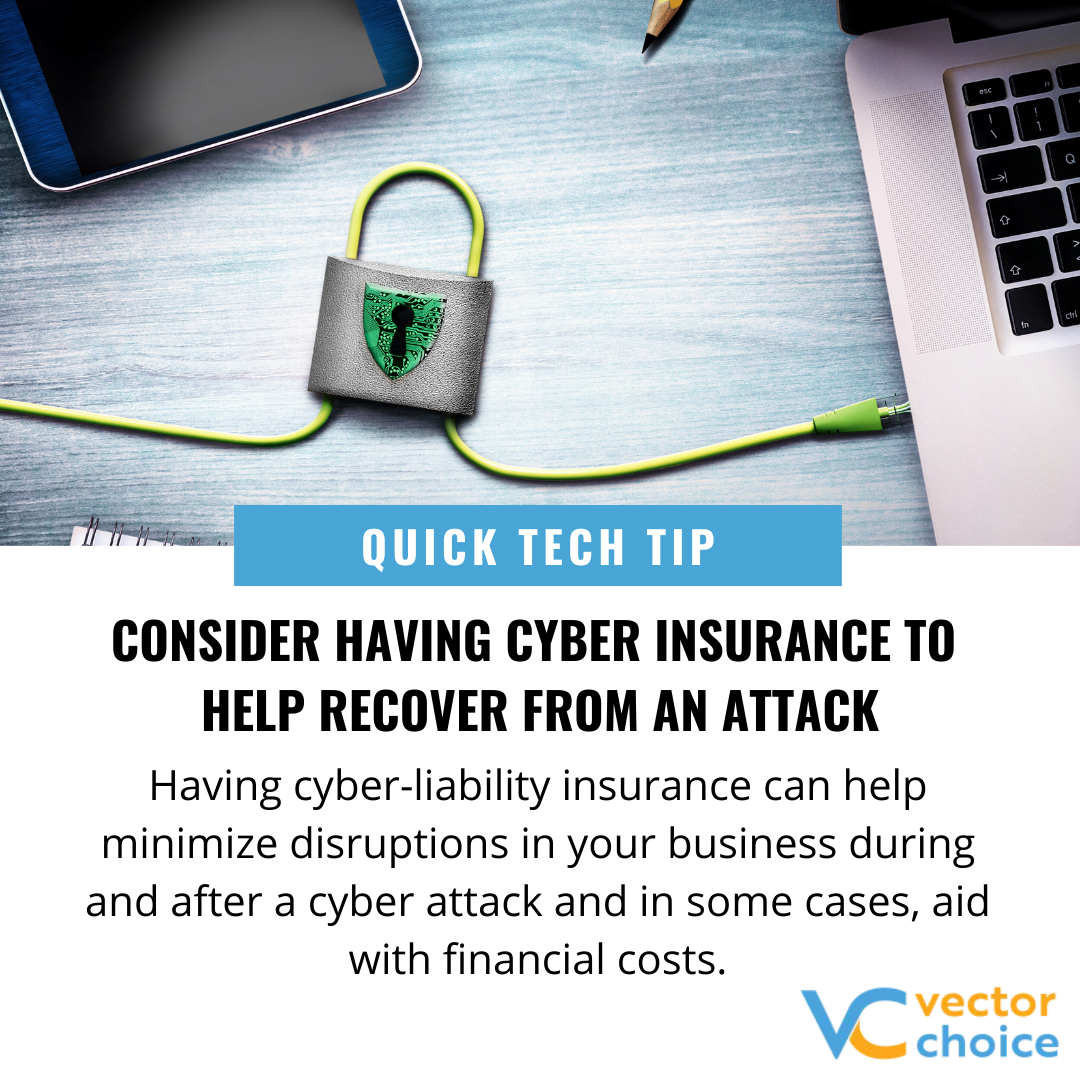In today's digital world, businesses of all sizes are increasingly reliant on technology. From storing data in the cloud to using online tools to collaborate with clients and partners, technology has become an essential part of our everyday operations. However, this increased reliance on technology also makes businesses more vulnerable to cyberattacks.
Cyberattacks can be devastating for
businesses. They can steal sensitive data, disrupt your network operations, and
damage your reputation. In some cases, they can even put your business at risk
of financial loss.
There are many different types of
cybersecurity vulnerabilities, but some of the most common ones include:
- Inadequate
encryption: Data encryption scrambles your data so that it can only be accessed
by authorized users. If your data is not encrypted, it is vulnerable to
being stolen by hackers.
- Public Wi-Fi
networks: Public Wi-Fi networks are often unsecured, which means that hackers
can easily eavesdrop on your traffic and steal your data.
- Unpatched software: Software vendors
regularly release patches to fix security vulnerabilities. However, many
businesses fail to install these patches promptly, which leaves them
vulnerable to attack.
- Firewall
misconfigurations: Firewalls are designed to protect your network from
unauthorized access. However, if your firewall is misconfigured, it may
not be effective in blocking cyberattacks.
- Phishing emails: Phishing emails are
emails that are designed to trick you into clicking on a malicious link or
attachment. These emails can look very real, so it is important to be
aware of the signs of a phishing email.
- Malvertising: Malvertising is
malicious advertising that is designed to infect your computer with
malware. Malvertising can be found on websites, in social media posts, and
even in email attachments.
- Poor asset
management: Asset management is the process of tracking and managing all of your
IT assets. Poor asset management can make it difficult to identify and
secure all of your devices, which can leave you vulnerable to attack.
- Insecure IoT
connections: The Internet of Things (IoT) refers to devices that are connected to
the internet. These devices can include everything from smart TVs to
security cameras. However, many IoT devices are not secure, which can make
them a target for hackers.
- Third-party vendor
risks: Many businesses rely on third-party vendors to provide them with a
variety of services. However, these vendors can also be a security risk.
It is important to choose vendors that have strong security practices in
place.
How to Protect Your Business
There are a number of steps that you can
take to protect your business from cyberattacks:
- Update your software
regularly: Software vendors regularly release patches to fix security
vulnerabilities. It is important to install these patches as soon as they
become available.
- Patch your
firewalls: Firewalls are designed to protect your network from unauthorized
access. It is important to keep your firewalls up-to-date with the latest
security patches.
- Train your
employees: Your employees are one of your best lines of defense against
cyberattacks. Train your employees to identify phishing attempts and other
social engineering attacks.
- Implement strong
asset management practices: Keep track of all of your IT assets
and make sure that they are all secure.
- Use strong
passwords: Use strong passwords for all of your online accounts. A strong
password is at least 12 characters long and includes a mix of upper and
lowercase letters, numbers, and symbols.
- Enable two-factor
authentication: Two-factor authentication adds an extra layer of security to your
online accounts. With two-factor authentication, you will be required to enter
a code from your phone in addition to your password in order to log in.
- Back up your data
regularly: In the event of a cyberattack, it is important to have a backup of
your data so that you can recover your files.
- Work with a managed
service provider (MSP): An MSP can provide you with the
expertise and resources you need to keep your business safe from
cyberattacks.
By taking these steps, you can help to
protect your business from the ever-increasing threat of cyberattacks.
Contact us today to learn more about protecting your business and how Vector
Choice is here to help.


